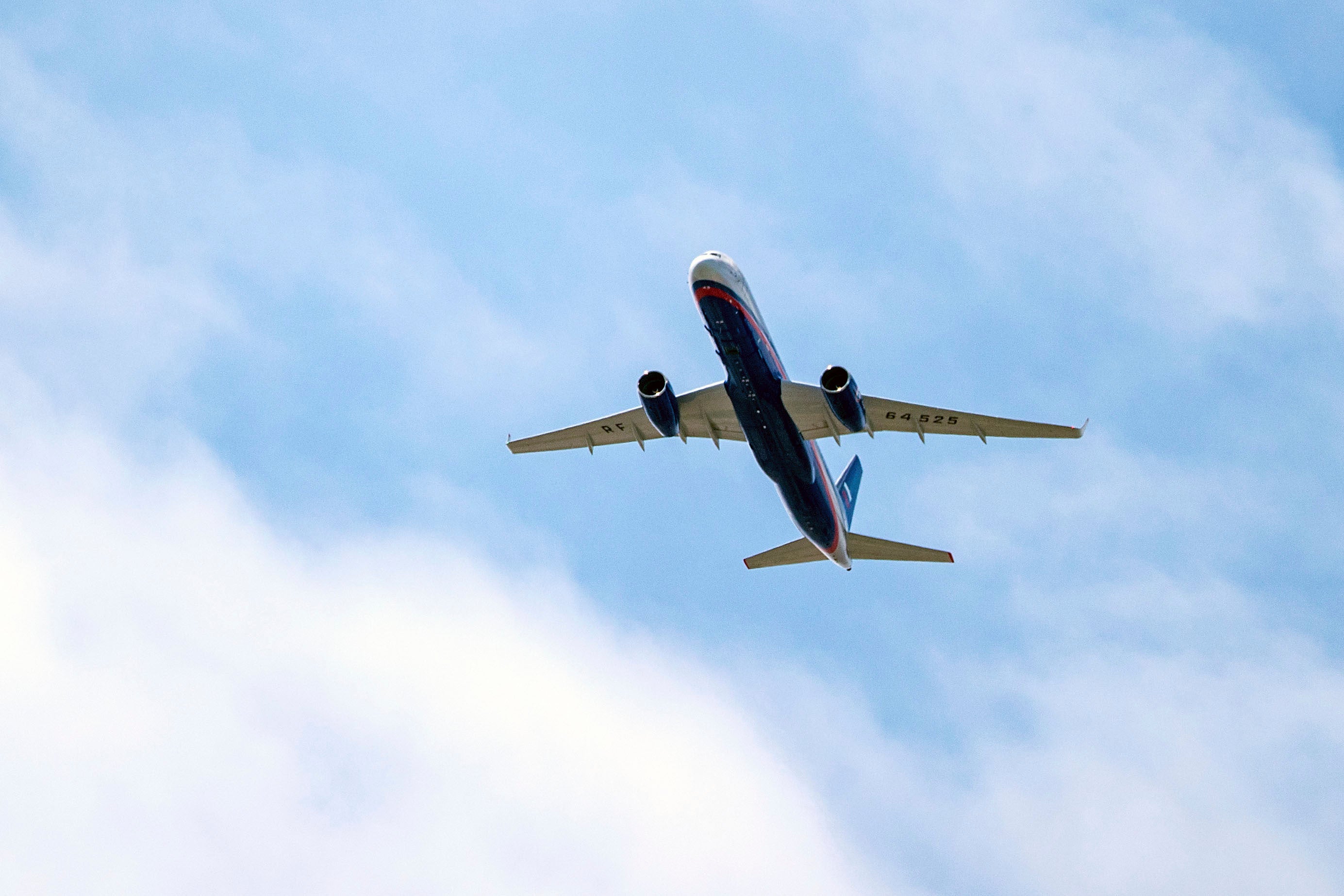Russian lawmakers vote to abandon overflight treaty
The Russian parliament’s lower house has voted to withdraw from an international treaty allowing surveillance flights over military facilities following the U.S. departure from the pact

The Russian parliament's lower house voted Wednesday to withdraw from an international treaty allowing surveillance flights over military facilities following the U.S. departure from the pact.
The Russian exit from the Open Skies Treaty is yet to be endorsed by the upper house of parliament and needs to be signed by President Vladimir Putin to take effect. Moscow has signaled its readiness to reverse the withdrawal procedure and stay in the treaty if the U.S. returns to the agreement.
The withdrawal vote comes hours before U.S. Secretary of State Antony Blinken and Russian Foreign Minister Sergey Lavrov were to hold talks on the sidelines of a meeting of top diplomats from the Arctic countries in Reykjavik, Iceland.
The Open Skies Treaty was intended to build trust between Russia and the West by allowing the accord’s more than three dozen signatories to conduct reconnaissance flights over each other’s territories to collect information about military forces and activities. More than 1,500 flights have been conducted under the treaty since it took effect in 2002, aimed at fostering transparency about military activity and helping monitor arms control and other agreements.
U.S. President Donald Trump pulled out of the pact, arguing that Russian violations made it untenable for Washington to remain a party. The U.S. completed its withdrawal from the pact in November.
Moscow has deplored the U.S. withdrawal, warning that it will erode global security by making it more difficult for governments to interpret the intentions of other nations, particularly amid heightened Russia-West tensions.
Moscow’s ties with Washington and its NATO allies have sunk to post-Cold War lows after the 2014 Russian annexation of Ukraine’s Crimean Peninsula.
The European Union has urged the U.S. to reconsider its exit and called on Russia to stay in the pact and lift flight restrictions, notably over its westernmost Kaliningrad region, which lies between NATO allies Lithuania and Poland.
Russia has insisted that the restrictions on observation flights it imposed in the past were permissible by the treaty and noted that the U.S. imposed more sweeping restrictions on observation flights over Alaska.
As a condition for staying in the pact after the U.S. pullout, Moscow has unsuccessfully pushed for guarantees from NATO allies that they wouldn’t hand over the data collected during their observation flights over Russia to the U.S.
The upper house, the Federation Council, is expected to follow suit on the bill on June 2 and once Putin signs the withdrawal bill it takes six months for the Russian exit to take effect.
Deputy Foreign Minister Sergei Ryabkov told lawmakers Wednesday that if during that period the U.S. declares its intention to return to the pact, a “new diplomatic process will start.” He added, however, that he considers that unlikely.
Subscribe to Independent Premium to bookmark this article
Want to bookmark your favourite articles and stories to read or reference later? Start your Independent Premium subscription today.
